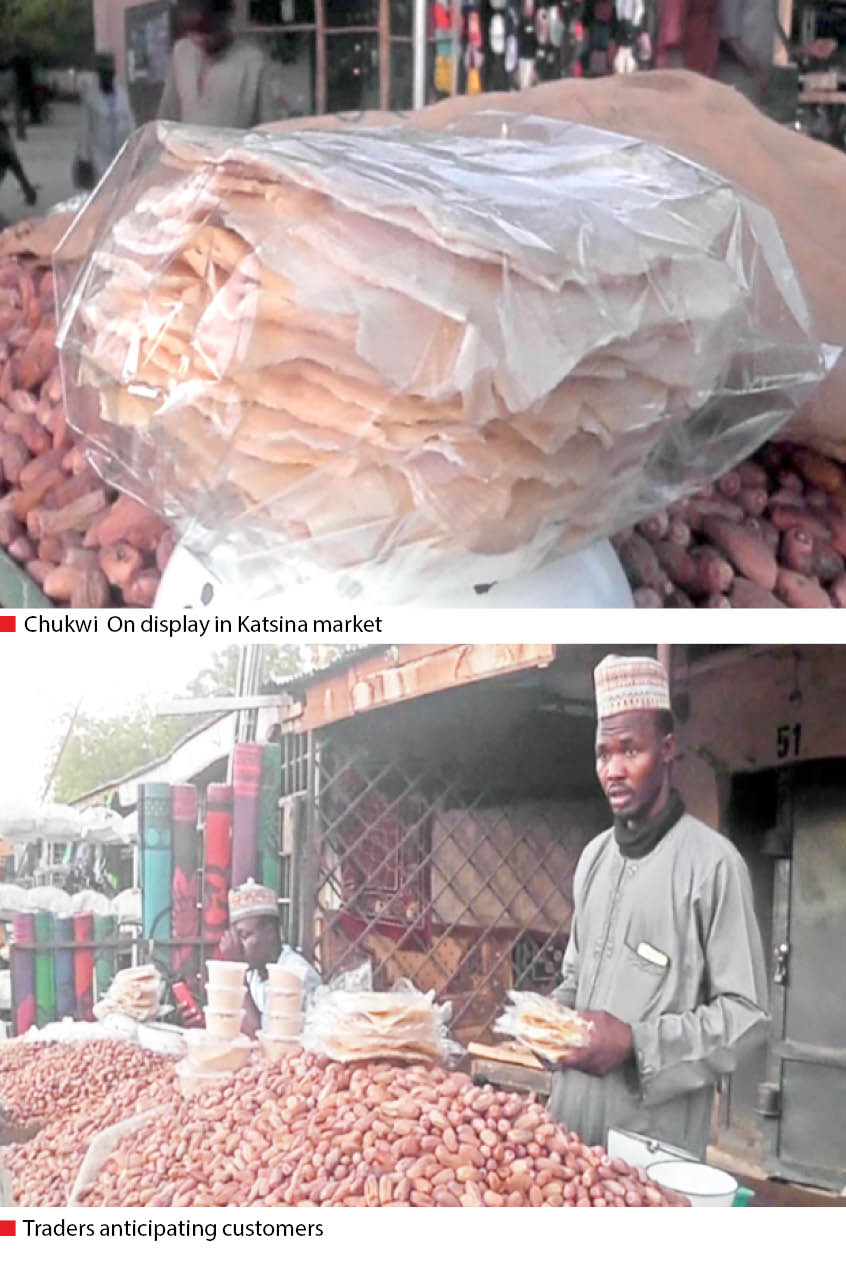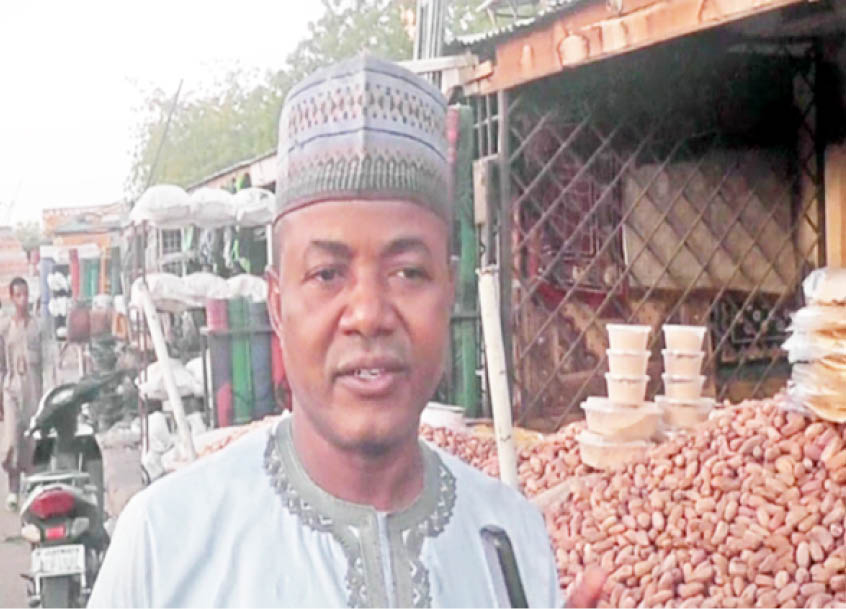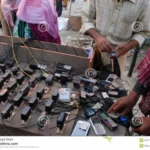Chukwi, a locally made cheese from camel or cow milk, is popular in some states in northern Nigeria, bordering Niger Republic. Chukwi is substantially imported from Niger Republic; though a small amount is produced and processed locally in northern Nigeria.
The delicacy is, however, becoming increasingly scarce and expensive with many people attributing the development to the closure of the Nigeria-Niger border. Chukwi cheese, made from camel’s milk, is rich in protein, calcium and fat. It is commonly consumed in states like Katsina, Sokoto, Zamfara, Kano and Jigawa. Some eat chukwi with dates to give it a sweet taste.
Hajara Idris, a dietician at the Federal Teaching Hospital Katsina, said chukwi is good for young people who want to add weight but is not recommended for people who plan to lose weight.
“Chukwi helps bones grow and make teeth strong as it has the ingredients that help in the development of the body, especially for those who want to add weight. It is recommended more for children below the age of 15,” she said.
Nigeria deserved win over Ivory Coast – Peseiro
Abuja no longer safe, Nigeria under siege
At the moment, this rich delicacy is gradually disappearing since the border closure as part of sanctions imposed on Niger Republic by the Economic Community of West African States (ECOWAS) after a military coup that saw the country’s presidential guard detain President Mohammed Bazoum.

Traders also attributed its scarcity to rising cost of production and inflation, coupled with the continuous devaluation of the naira, making its price higher and beyond the reach of ordinary people.
Ismail Ibrahim, one of the dealers of chukwi in Katsina State, agreed that the product is fast disappearing because of the border closure and harsh economic realities facing citizens of the two countries occasioned by sanctions imposed on Niger Republic.
“What is currently happening is affecting not only the citizens of Niger Republic but Nigerians as well, especially those of us living in border towns. At the moment, no business is thriving here. In fact, businesses are not only shrinking but collapsing and one thing our leaders fail to understand is that one must survive by whatever means. Whether good or bad, people must earn a living but the process of earning a living could be good or bad,” he said.
Ismail advised the government to provide jobs, capital and an enabling environment for businesses to grow, especially in states sharing borders.
Another chukwi trader, Bashir Umar, who lamented over the continued devaluation of the naira, said many of his business partners have been frustrated. He said the low value of the Nigerian currency does not support the business. “If you take naira to any of our neighbouring countries, you give out huge amounts of money and collect small amounts in exchange and this is dangerous for our economy, but our leaders need to be patriotic enough to address the situation,” he said.
Chukwi processing and production is a business with hundreds of people in the value chain. But with its already shrinking fortunes, many chukwi traders have been made redundant, a situation that is posing a threat to their livelihood and the economic linkage between Nigeria and Niger Republic.
The traders also lamented extortion and excessive difficulty they face crossing the border to bring in chukwi, which many Nigerian customers like. “Now, for anybody to cross over or come into the country with anything, you must bribe border officials with huge amounts of money or they seize your goods,” he said.
“As for me, I don’t trust any border official now because I used to trade with millions of naira as capital but today, I don’t have one third of what I had two years ago as my capital, everything is gone. Beside this, the little chukwi processed and produced in Katsina is so insignificant to meet the market demand considering its numerous consumers in Nigeria.”
Customers say if the rising inflation is allowed to continue, small businesses in Nigeria may collapse, a situation that may affect the sources of livelihood of the people and could be a security threat to the country.
How banditry affected Chukwi production
Aliyu Abdullahi Yamadi, a veterinary doctor, said in the past, chukwi was produced locally in places like Jibia, Kaita, Batsari, Safana, Danmusa, Kankara and Sabuwa local government areas. But banditry forced many of the Fulani herders to flee those areas and relocate to other parts of the country perceived to be safer.
“Besides chukwi, there are other things like the milk, fura and nono as well as the condensed milk from cows that are increasingly becoming scarce in the communities because the herders are leaving in their numbers to other places due to insecurity,” he said.
Yamadi explained that “For that reason, places that used to produce chukwi have become deserted areas with herders moving to the southern part of the country where there is greener pasture.”
Most chukwi traders are feeling the crunch as many of them have abandoned the business with no alternative means of livelihood. The chairman of the socio-cultural Fulani Association in Katsina State – Miyetti Allah Kautal Höre, Alhaji Hassan Kuraye, wants the government to encourage the production of chukwi cheese in Katsina as part of efforts to introduce ranching in northern Nigeria. He said this remains the most viable option for cattle business and dairy production which the region is known for.
“Businesses like these rely on availability of animals but if care is not taken, in no distant future, northerners will be buying domestic animals from the south because of the continuous relocation of herders from the north to the south in search of pasture and security,” he said.

 Join Daily Trust WhatsApp Community For Quick Access To News and Happenings Around You.
Join Daily Trust WhatsApp Community For Quick Access To News and Happenings Around You.


